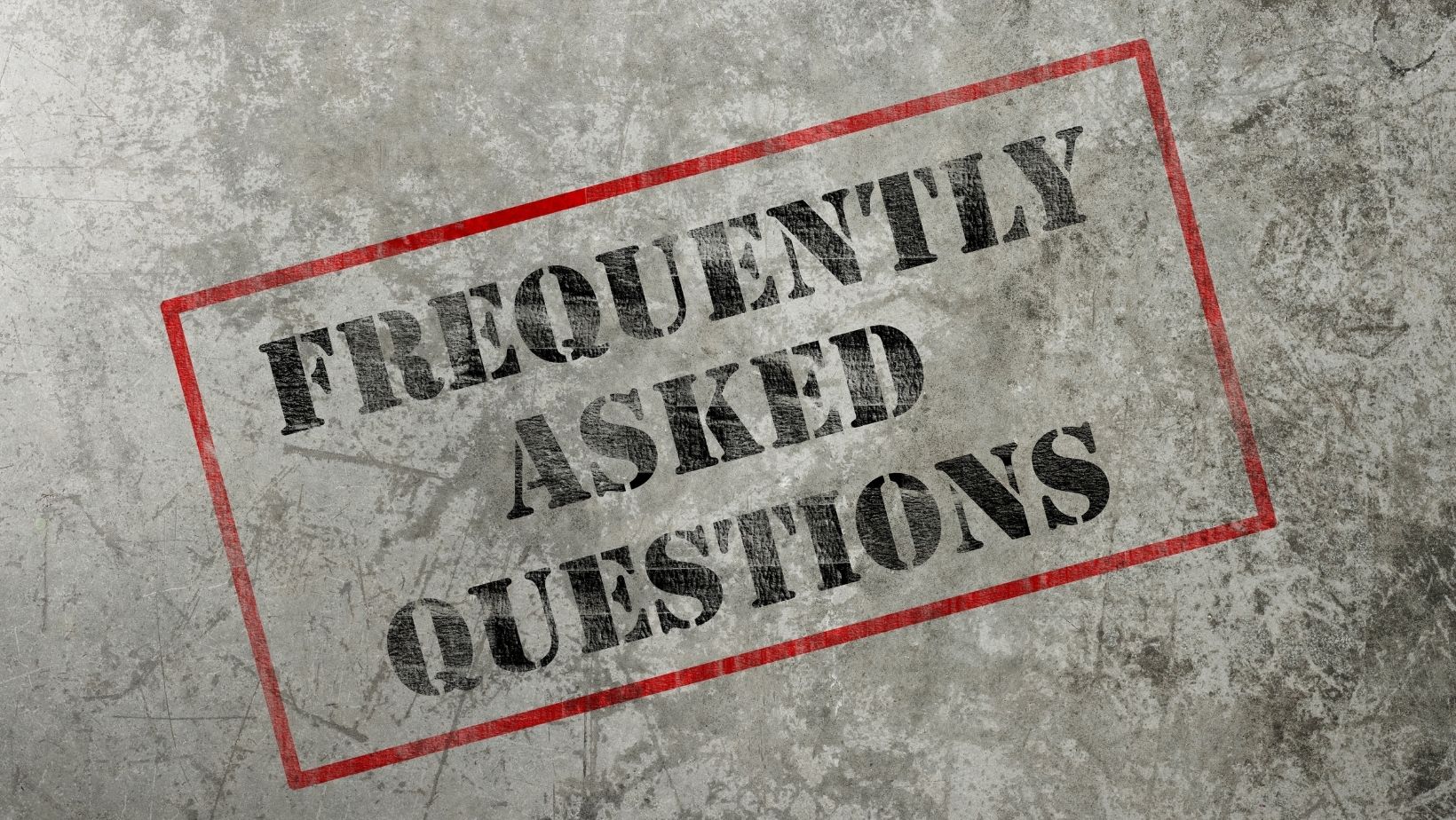Frequently Asked Questions
To help you with dealing with all your roofing related issues, we’ve put together some questions and answers
Q: How Can You Tell When Your Roof Has Problems?
A: This is a common question that many homeowners have. How do you know when it’s time for a repair or a replacement? While there’s no simple answer, there are many signs that it’s either time to make some repairs or it’s time to replace your roof entirely.
We don’t normally suggest doing a roof inspection on your own, but if you notice signs of debris buildup, pooling water, broken or missing shingles, or other signs that something on your roof is damaged, then it’s likely time to have some repairs done or get your roof replaced.
To be sure, you can call your roofer and have them perform an inspection to be sure what issues your roof has if any and the best way to handle them.
Q: What Choices Do I Have For a New Roof?
A: The answer to this question likely depends on what you want to spend, the type of roof that works best for your house and any insurance or HOA restrictions you may have on your home.
In some cases, you can get away with covering over your existing roof with another system similar to what you’re using. This is often the faster and cheaper option. If the damage is more extensive or you’re wanting to change materials, then you will likely need to take off the old roof and put on a whole new one.
In this case the materials you choose will dictate a large portion of the cost of your new roof.
Q: Does a Roof Leak Mean I Need a Roof Replacement?
A: The answer to that question honestly depends on how leaky your roof is. In other words, how much damage has been done and how bad the leak is. A leak doesn’t always mean you need a full roof replacement. The first thing to do is inspect the damage. Once you know what you’re dealing with, you can determine what to do next.
A small leak in an isolated spot can be repaired and your roof will be good as new. Once the leak has grown in size, or started to damage your sub-roof, you’ll likely need a replacement or at the very least, some major repairs.
Q: Can I Fix it Myself?
A: That largely depends on your comfort working on a roof and your skill level. We recommend leaving most major repairs and replacements to a professional, but for minor things like caulking around an air vent, replacing a few missing shingles and things of that nature those are ok. So long as you take proper precautions when working on the roof.
Safety should come first and foremost. If, for any reason, you don’t feel comfortable on your roof or you lack the knowledge and tools to do the job, then it’s best to leave it to a professional. No matter how simple the job may seem.
Q: How Long Will My Roof Last?
A: That depends on a number of factors, but in general we estimate the average lifespan of a roof to be about 20 years.
Factors that determine a roof’s lifespan include weather, roof design, roof material and other outside factors.
Weather can play a big role in the life of your roof. Rain and wind can upturn and warp shingles. Hail can puncture your roof and cause severe damage. Debris buildup can promote rot and mold growth as well as weaken the entire structure of your roof as a whole.
The design of your roof is also crucial. Flat roofs may have trouble draining properly, just as very angular roofs may have trouble with water and debris gathering in crevices. It’s important to have your roof inspected regularly to keep it in good shape.
Certain materials also naturally last longer than others. Composite materials can last up to 50 years depending on outside factors whereas normal shingles may only last 10 to 15 years. For this reason, we average your roof’s lifespan to roughly 20 years.
Q: What is the Best Way to Locate a Leak?
A: Because water prefers the path of least resistance, it can travel a long way before appearing in your ceiling. The next time it rains, try going into your attic or crawl space with a flashlight to trace it, but a professional can give you a more accurate answer.

